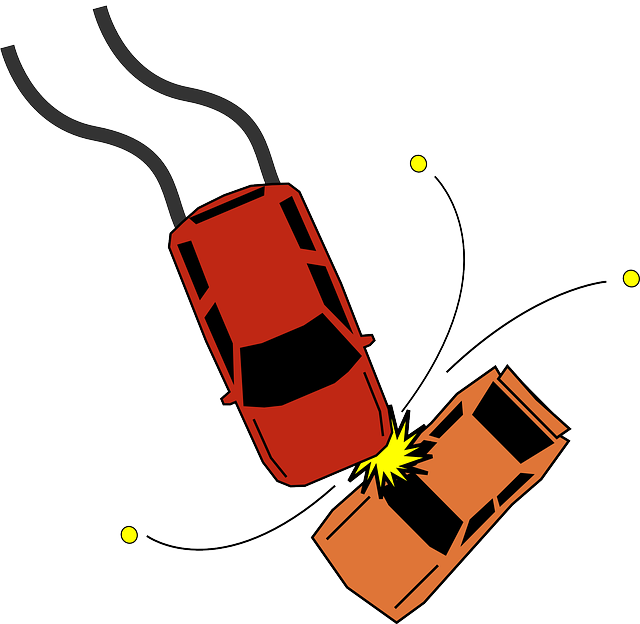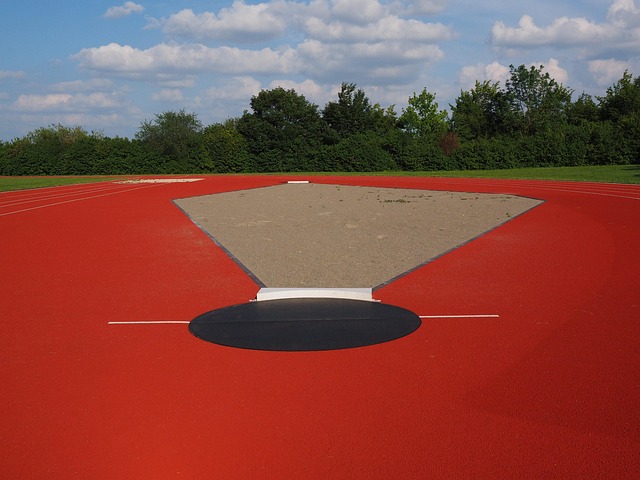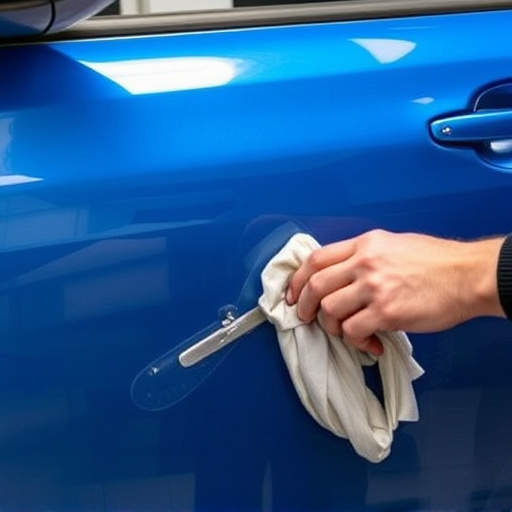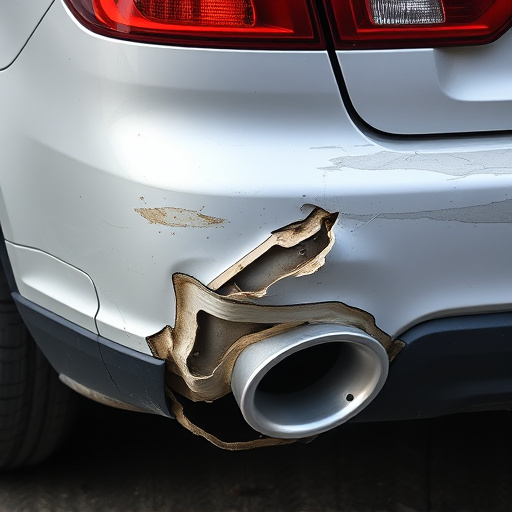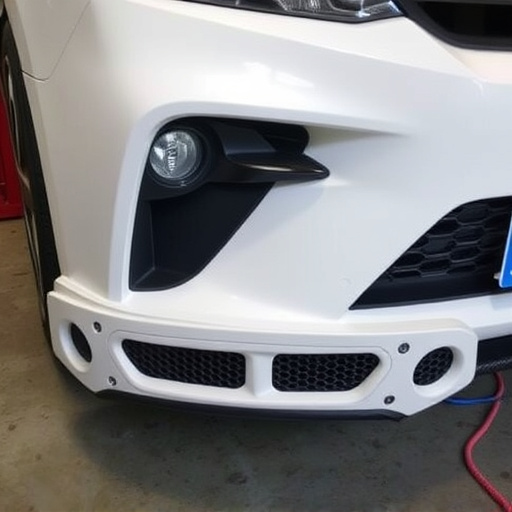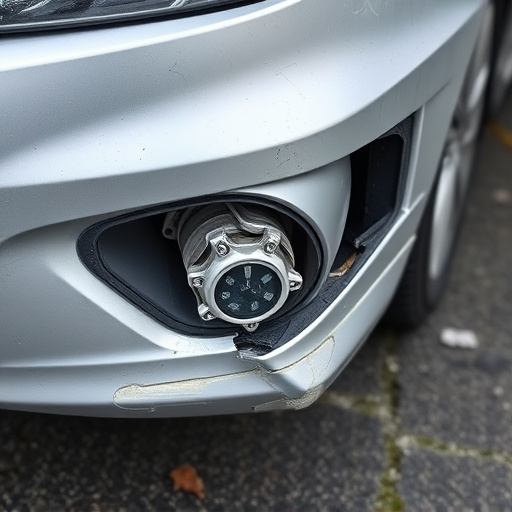Real-time data is revolutionizing vehicle safety restoration by shifting from post-incident analysis to proactive detection and prevention. Advanced sensors in modern vehicles generate continuous data streams, enabling immediate identification of potential issues and swift action during restoration processes. This enhances vehicle safety, predicts maintenance needs, and prevents accidents, prioritizing passenger well-being with faster turnaround times. Instant sensor feedback allows body shops like Mercedes Benz collision repair centers to efficiently identify anomalies, deploy specialized services, and improve overall restoration outcomes.
In today’s digital era, real-time data is revolutionizing vehicle safety restoration efficiency. By leveraging instant sensor feedback, automotive professionals can navigate complex challenges with unprecedented speed and precision. This article explores how real-time data transforms vehicle safety monitoring, facilitates efficient restoration through quick response times, and ultimately enhances road safety through instantaneous analysis and targeted action. Discover the game-changing impact of this technology on ensuring safer vehicles and improved roadside assistance.
- Real-Time Data: Transforming Vehicle Safety Monitoring
- Efficient Restoration: Quick Response to Sensor Feed
- Enhancing Road Safety: Instantaneous Analysis and Action
Real-Time Data: Transforming Vehicle Safety Monitoring

Real-time data is revolutionizing vehicle safety monitoring, marking a significant shift from traditional post-incident analysis. By seamlessly integrating advanced sensors and connectivity into modern vehicles, every second becomes a valuable data point. This stream of information allows for immediate detection of potential issues, enabling swift action during vehicle safety restoration processes.
Imagine a world where a car’s system can instantly communicate a sensor’s reading or a driver’s unusual behavior to a collision repair center. Real-time data enables professionals in automotive repair to anticipate problems, predict maintenance needs, and even prevent accidents before they occur. This proactive approach not only enhances vehicle safety but also optimizes the efficiency of restoration efforts, ensuring faster turnaround times for car restoration while prioritizing passenger well-being.
Efficient Restoration: Quick Response to Sensor Feed
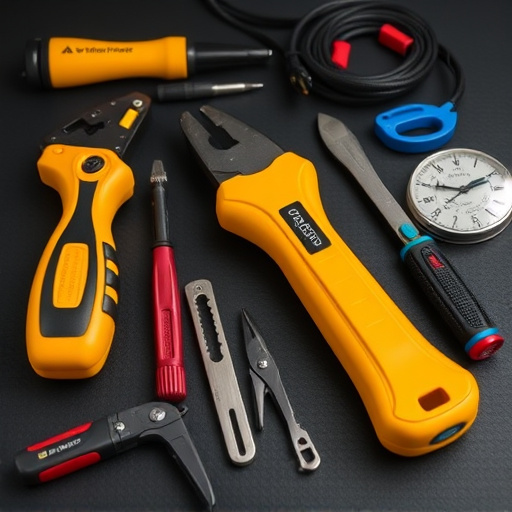
Real-time data plays a pivotal role in revolutionizing vehicle safety restoration processes. When sensors detect anomalies or damage, immediate data transmission enables swift action. This quick response is crucial for efficient restoration, especially in complex cases like Mercedes Benz collision repair. Body shops equipped with advanced systems can promptly assess the situation and deploy specialized services, such as auto glass replacement, ensuring a seamless and timely recovery process.
The ability to analyze sensor feed instantly allows for precise identification of issues, reducing the time spent on diagnostics. This efficiency is vital in busy body shop environments where multiple vehicles require attention simultaneously. By minimizing wait times, real-time data contributes to better workflow management, higher customer satisfaction, and ultimately, improved vehicle safety restoration outcomes.
Enhancing Road Safety: Instantaneous Analysis and Action

In today’s digital era, real-time data plays a pivotal role in enhancing road safety through immediate analysis and action. Traditional vehicle safety restoration processes often lagged behind due to manual inspection and delayed reporting, leading to longer response times and potentially increased damage or injury risks. However, with real-time data integration, auto repair shops and collision repair shops can now access instant insights into vehicle conditions post-collision.
This innovative approach enables them to swiftly assess damage, activate appropriate safety protocols, and coordinate efficient restoration strategies. By leveraging the power of real-time analytics, car collision repair professionals can make informed decisions, streamline workflows, and ultimately improve overall road safety. This transformation not only benefits accident victims but also contributes to a smoother, safer transportation network for everyone on the road.
Real-time data has emerged as a game-changer in vehicle safety restoration, enabling quicker response times and more efficient accident management. By leveraging instant sensor feedback, this technology allows for immediate analysis and targeted actions, significantly enhancing road safety. As the world of autonomous vehicles evolves, real-time data will continue to play a crucial role in ensuring swift and effective incident handling, ultimately contributing to safer transportation across all sectors.

